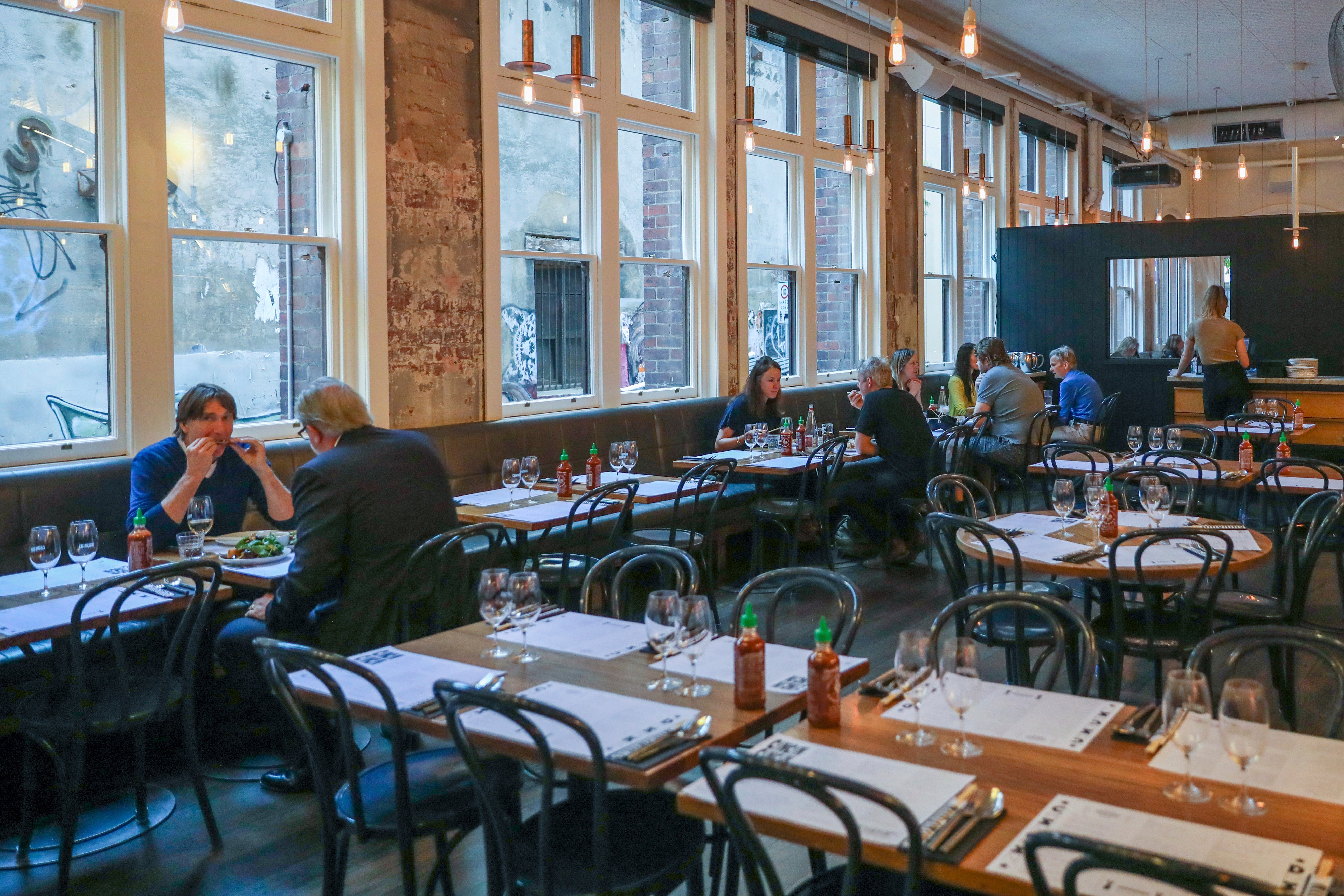Asia Today: Court upholds state border closings in Australia
Australia’s highest court has upheld a state’s border closure and dismissed a case arguing the pandemic measure was unconstitutional

Your support helps us to tell the story
From reproductive rights to climate change to Big Tech, The Independent is on the ground when the story is developing. Whether it's investigating the financials of Elon Musk's pro-Trump PAC or producing our latest documentary, 'The A Word', which shines a light on the American women fighting for reproductive rights, we know how important it is to parse out the facts from the messaging.
At such a critical moment in US history, we need reporters on the ground. Your donation allows us to keep sending journalists to speak to both sides of the story.
The Independent is trusted by Americans across the entire political spectrum. And unlike many other quality news outlets, we choose not to lock Americans out of our reporting and analysis with paywalls. We believe quality journalism should be available to everyone, paid for by those who can afford it.
Your support makes all the difference.Australia’s highest court on Friday upheld a state’s border closure and dismissed billionaire businessman Clive Palmer’s argument that the pandemic measure was unconstitutional.
The seven High Court judges ruled that Western Australia’s state border closure to non-essential travel applied during “a hazard in the nature of a plague or epidemic” complied with the constitution. All Australian states and territories have used border restrictions to curb infections and a court ruling against Western Australia could have impacted their pandemic responses.
The state shut its border to the rest of Australia on April 5 and has maintained the travel restriction despite not recording a case of COVID-19 community transmission since April 11.
Western Australia will relax its border policy Nov. 14 and allow residents from states and territories deemed low risk to enter without going into quarantine.
The state government argued the measure let its iron ore mines maintain output and earn their highest prices in six years while their main rivals in Brazil have had production disrupted by pandemic absenteeism.
Palmer, a mining magnate, took court action in May when he was refused permission to enter the state. His lawyers had argued that the border restriction unreasonably infringed upon Australians’ constitutional right to free travel between states.
In other developments in the Asia-Pacific region:
— The United Nations voted to hold a summit Dec. 3-4 to respond to the spread of the coronavirus and its “unprecedented” effects on societies, economies and trade. The General Assembly voted 150-0 on a resolution authorizing the meeting, though the United States, Israel and Armenia abstained. It will include prerecorded speeches and a presentation and discussion led by the World Health Organization chief. Assembly President Volkan Bozkir called the high-level special session “a historic moment and a test for multilateralism.”